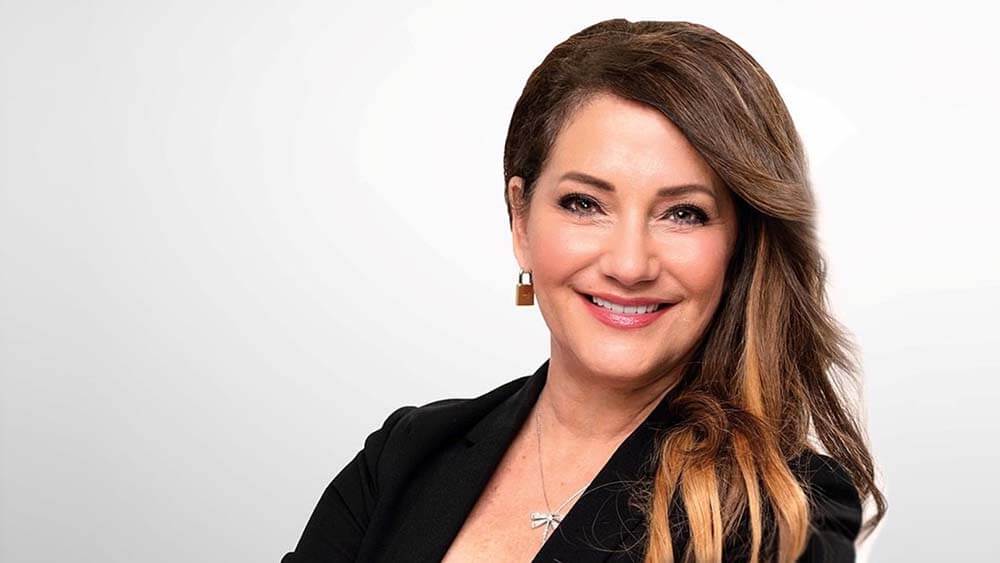
The younger generation of event professionals will need to learn about boundaries, said Janie Cardinale, and that it is okay to say no.
Amid the uncertainty and challenges brought by the pandemic, a significant number of event professionals report struggling with finding a work/life balance. And while COVID-19 may have changed the narrative, problems of burnout and overwork existed before the pandemic, said Janice Cardinale, VEMM, who founded the award-winning Toronto-based corporate entertainment company, The Idea Hunter, which she led for 17 years before handing the reins over to her daughter, Hailey Dawood.
There are reasons, Cardinale pointed out in an interview with Convene, that event coordinators perennially show up on lists of the most stressful occupations — in 2021 they were ranked No. 6, sandwiched between police and firefighters and newspaper reporters. One of the factors is how professionals traditionally have worn their willingness to work long hours without boundaries like a badge of honor, she said.
Cardinale recalls many weekends when she would get a request for a proposal on a Friday night and worked through the weekend to deliver it on Monday. “It became part of your reputation, being willing to kill yourself for a client,” she said. But her family and “anything around me that was important personally” suffered, she said, a situation which was compounded over the years.
These days, Cardinale has a new calling. She is organizing a community she’s named Event MINDS Matter, created as a space for event and hospitality industry professionals to have conversations about mental health. “The speed at which we ran the race back in 2019, and the speed that has taught us to slow down and enjoy life more is the catalyst for change,” Cardinale wrote in a LinkedIn post about the community. “The competition, the rules of engagement, the hours, proposals, late nights and weekends, have created a monster that is bigger than life itself and we have allowed this to happen right under our noses.”
In Cardinale’s view, one major reason that this is being talked about now is because “since COVID, what’s happened is that a lot of people have left the industry,” she said. “A lot of older event producers and managers have left, and a younger generation is coming up the pike. And I believe that they’re not going to accept the way that we do business.”
She also believes, she said, that the biggest changes will come in this next decade through that younger generation and they need to learn about boundaries and how to say no and that it’s okay. “And I think we have to educate the clients as to what’s okay. And that’s going to take a lot to change. So, part of my legacy is trying to change the narrative around mental health and help the younger people do something different in the future.”
Cardinale, who has written and spoken openly about her own experience dealing with depression for many years, is designing the community with the help of Leslie Bennett, a former event professional who is leads with her partners Mental Health Innovations. They don’t profess to be psychiatrists or psychologists or therapists, Cardinale said. For her role in the community, Cardinale is taking a peer support course to learn more about effective communication and encouraging individuals to get professional help when needed.
The community, she added, will be a place to talk about how to change relationships to work as well as about mental health. “Our most valuable objective is creating a safe place to have conversations that empower each other.”
Barbara Palmer is deputy editor of Convene.
